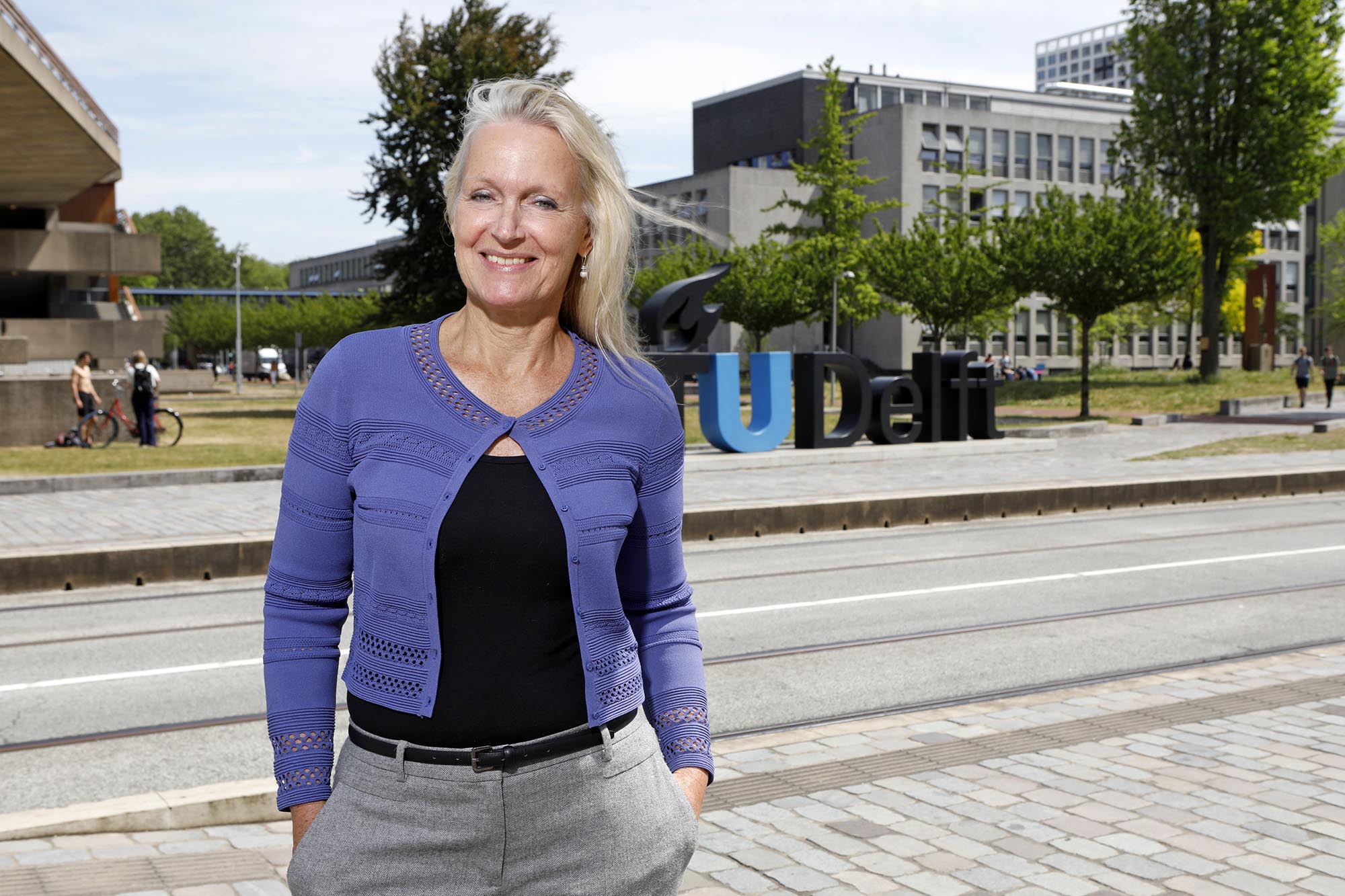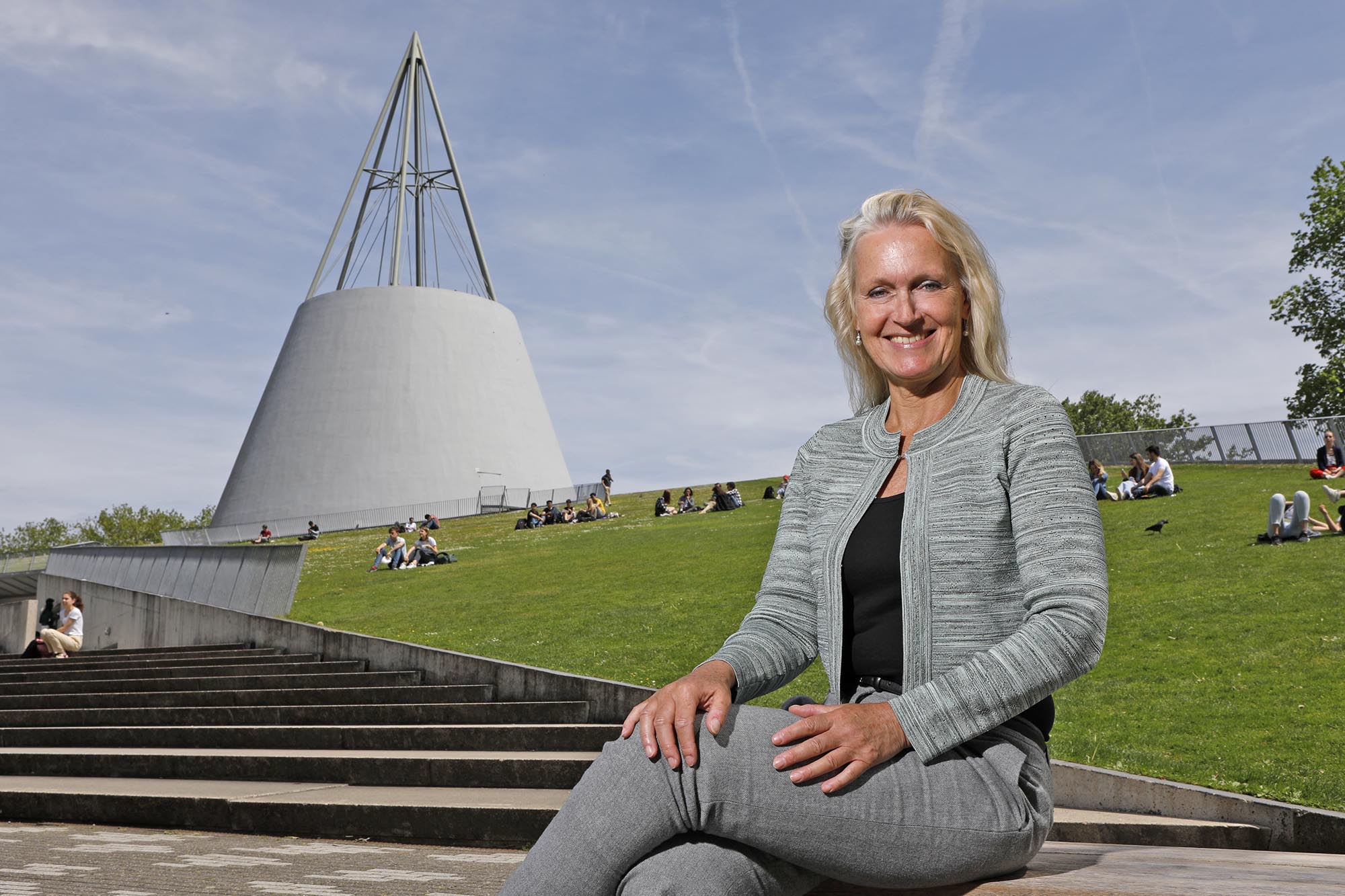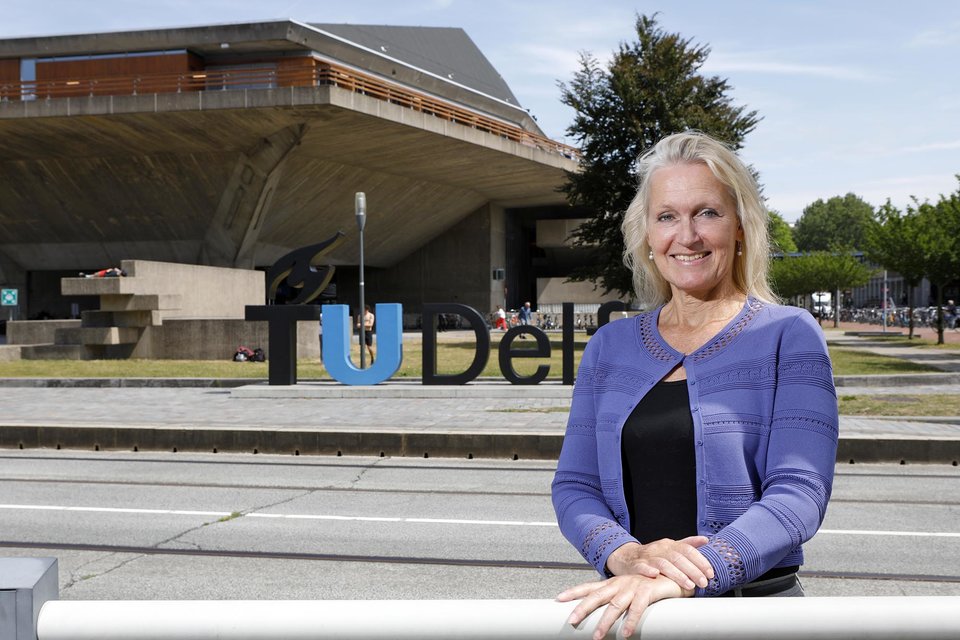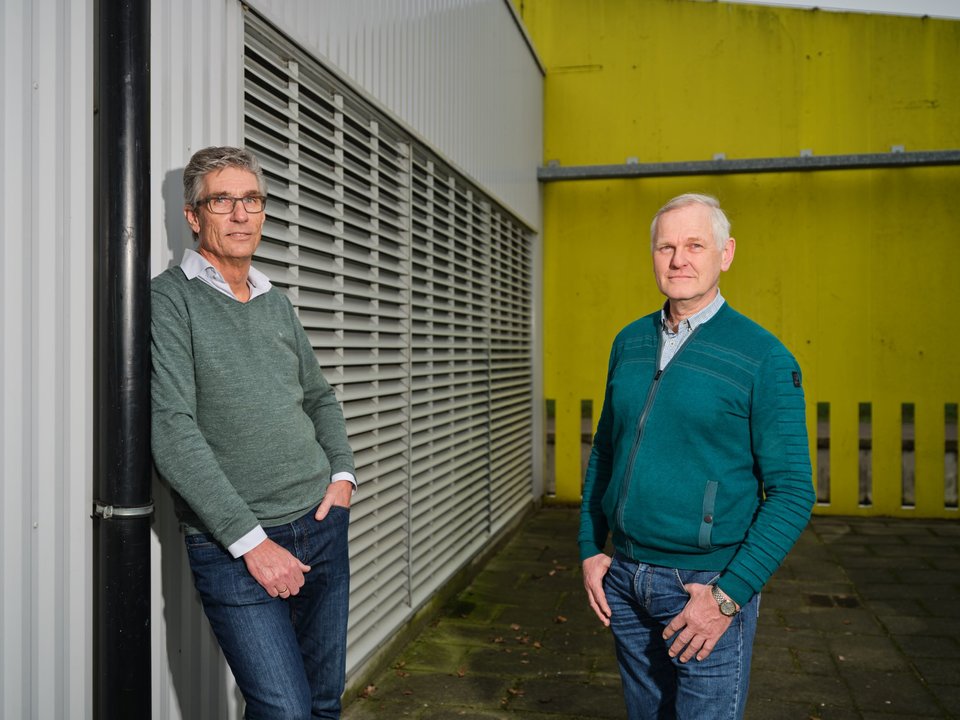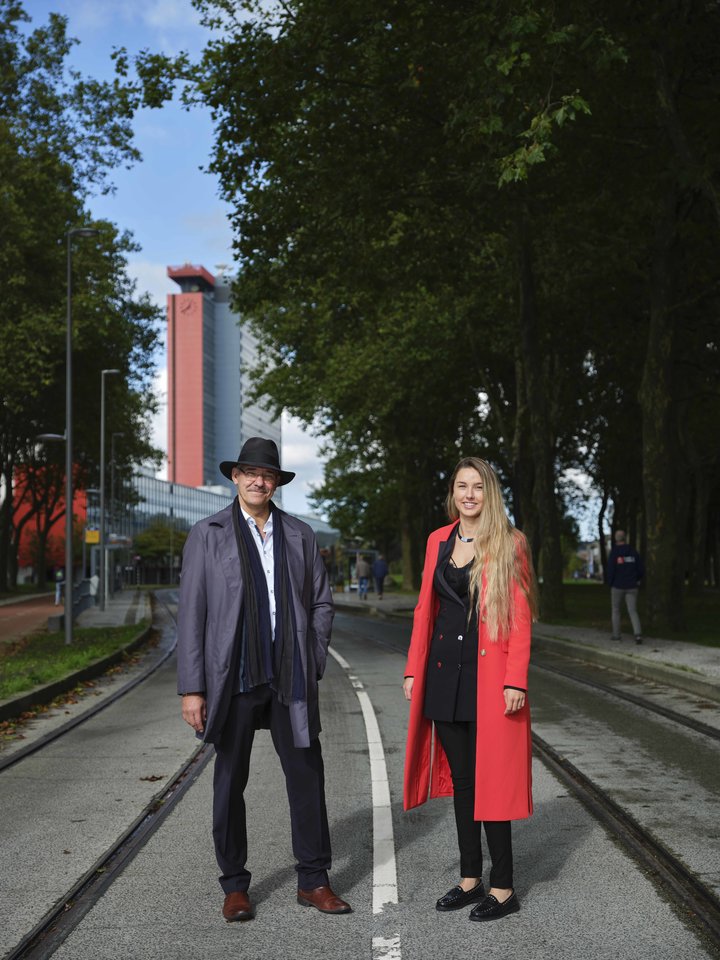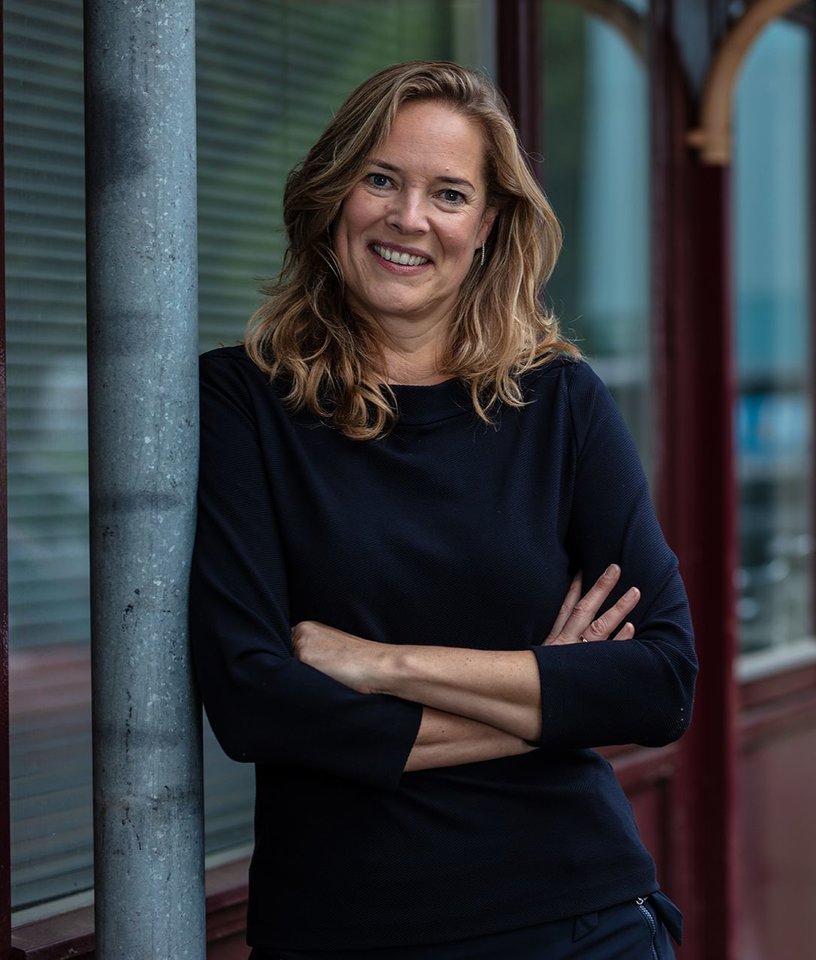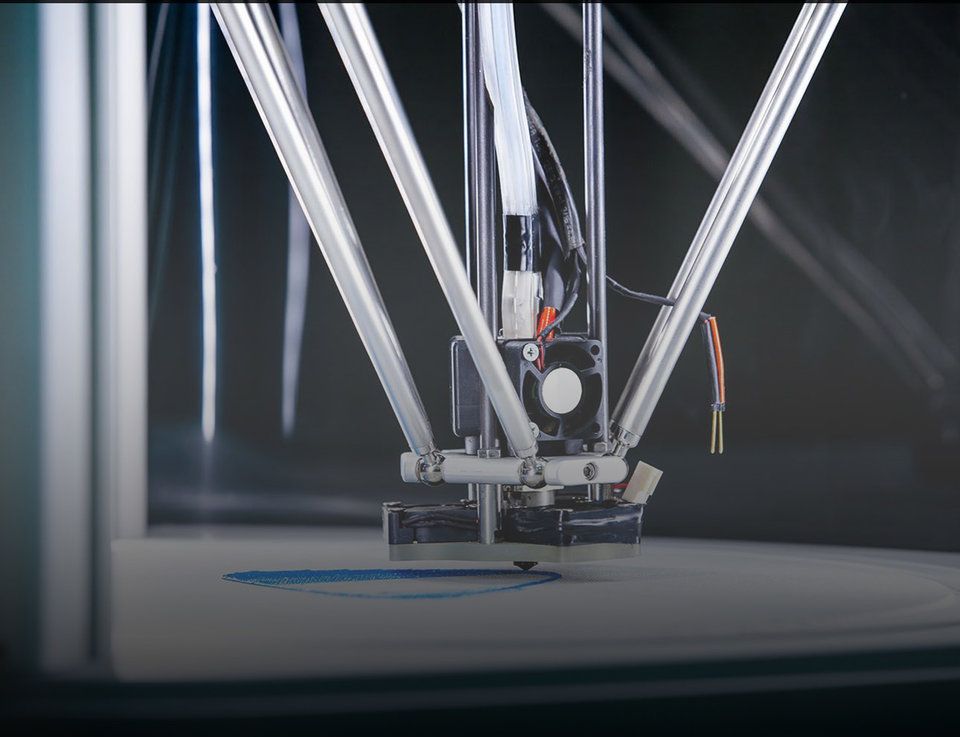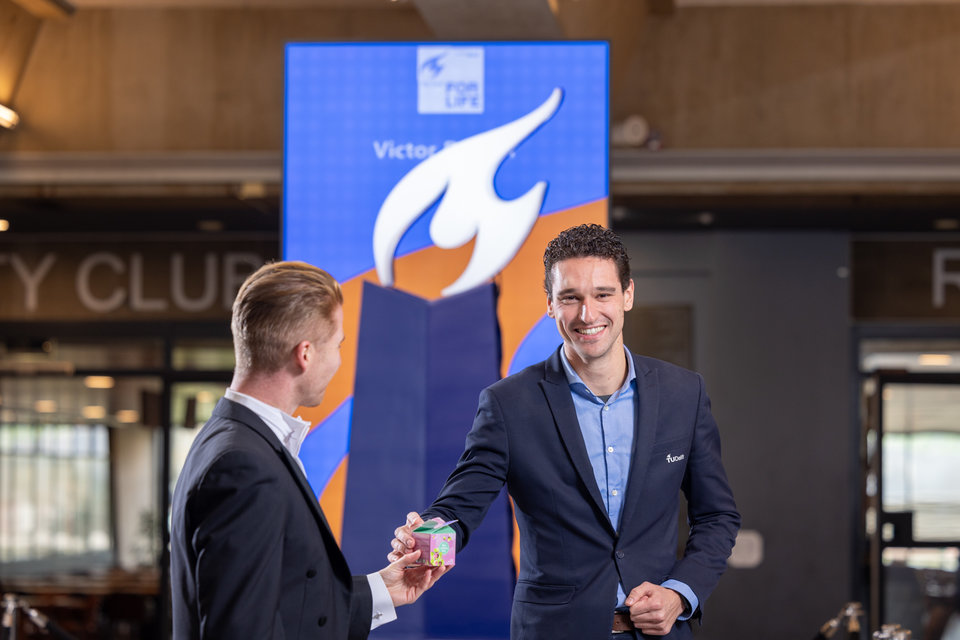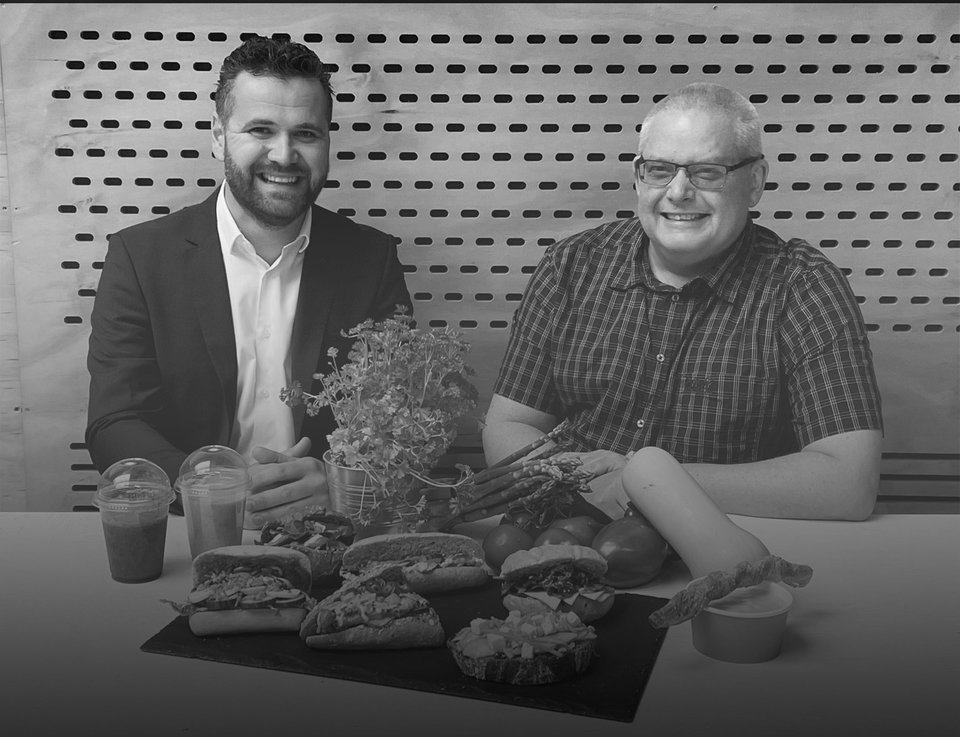Confidentiality, impartiality and equality are core values in the work of Birgitte Peters, who has been employed as staff ombudsman since 17 January 2022.
The word ombudsman comes from Swedish, where the suffix 'man' means ‘person’. In the 19th century, an ombudsman was an independent official whom citizens could turn to with complaints about the government. TU Delft has chosen the term ombuds officer. Etymology aside, when should employees contact the ombuds officer for staff? “If something is going on in the workplace, and you have already tried to resolve it yourself, but you have reached an impasse," says Birgitte Peters.
“Say you want to work part-time, but your manager says no, and you still haven’t managed to work things out after a few discussions. Such an issue can be resolved via the HR or Legal departments, but sometimes it’s the process surrounding it that does not run smoothly. You may feel you’re being intimidated or not taken seriously, arranging appointments proves difficult, or you find out that people have been talking about you behind your back; that sort of thing.” If communication via the normal channels breaks down, it is essential to talk to a third party. “Just get in touch, even if you're not sure if I'm the right person to talk to. I can always refer you, for example to a confidential advisor. We have arrangements about that, they do it the other way round too. The most important thing is that you don't keep it to yourself.”
I hope that people just come knocking on my door, even if only for advice – and preferably before things escalate into a conflict.
The fact that the dividing line between the work of the ombuds officer for staff and that of the confidential advisors is not always very clear, is partly due to the relative novelty of the position at TU Delft. Although there has been an ombuds officer for students for years, it is only since 1 July 2021, that universities have had to to employ a staff ombudsperson under the collective agreement (Cao). TU Delft was one of three universities participating in a pilot prior to 2021; Peters’ predecessor Job van Luyken worked as an external ombudsman for almost three years from 2018.
“The pilot regulation applying at the time has been adapted and forms the basis for my work here,” Peters says. The definitive regulation will be put on the intranet; an extensive working method for the ombudsman is also in the making. “These documents should provide more clarity on who does what. But if you are wrestling with a specific problem, you are probably not eager to delve into the regulations first. I therefore hope that, in reality, people just come knocking on my door, even if only for advice – and preferably before things escalate into a conflict.”
Mediation
There is one marked difference between the ombuds officer and the confidential advisors. “My main activity is mediation. I mediate so that both parties – the employee and the manager/organisation – will start a dialogue. Using my intervention techniques as an employment mediator, I then try to encourage them to work things out together.” This benefits both parties, as (legal) escalation of a conflict is much more drastic. Even so, Peters can only advise to enter into a mediation meeting. “All contact with me is confidential. Only if you indicate that you are willing to engage in mediation and give up your anonymity, will I contact the other party.”
Equality is very important, Peters emphasises. “I always have an intake interview with the other party as well. That gives me the chance to assess the situation, see where the common ground lies and how I can best intervene.” Just as important is her impartiality. “As an ombuds officer, I have no opinion about the conflict and the parties; I help them at a process level. As a human being, however, you cannot always avoid that someone evokes a certain feeling during mediation. That feeling provides important information for the interaction between the participants, and I make use of that information.”
Only if you indicate that you are willing to engage in mediation and give up your anonymity, will I contact the other party
Impartiality also means that Peters is not there to look after individual interests. “You can come and see me once or twice so that together we can explore what your best options are for resolving the situation. Often, you can then tackle this on your own. If that doesn't work, mediation is the next step. But if you prefer to have one-to-one contact you can go to a confidential advisor, who is really there for you personally”, she explains. "My impartiality means that I will participate in a way that helps everyone. A confidential advisor does not mediate; they can be present during the meeting for moral support, but they do not take part in the conversation.” To guarantee such confidentiality, impartiality and equality, Peters has a strictly independent position. “I report annually on my activities to Tim van der Hagen. This is not at a case level, it is anonymous and so cannot be traced back to the individuals who got in touch. At a case level, I act independently and that is strictly confidential.”
Conflict skills
For reasons of confidentiality, she cannot go into specific cases, but during her months at TU Delft, Peters already has an idea of where the main stress factors can be found. “The workload is very high, for example among PhD researchers. Having to juggle educational, research and management tasks is also hard on a lot of people. The many nationalities on campus, each with their own way of thinking and communicating, provide an additional challenge,” she says. “We must realise that differences of opinion are normal in an organisation with so many different ideas, backgrounds and ways of working. Sometimes they can clash. Ideally, you then start to consider how you can resolve the situation before it escalates - for example, by calling in the ombuds officer. That's what we call conflict skills.”
Dream job
As ombuds officer for staff, Peters wants to contribute to a better work climate and to developing employees’ conflict skills; she does so in the conviction that mediation can help. “I have a legal background; I was a trial lawyer, among other things. I loved my work in court, but something was missing. I gradually found out that my strong point lies in having direct contact with people and helping them put into words what is important to them. In court, lawyers will voice for their clients that and often also escalate things in order to win at the other party's expense. In mediation, you look for what you have in common, how you can improve the situation together.”
Peters followed mediation training and specialised in labour mediation. She has had her own practice in Rotterdam for many years. She was also an interim lecturer in law and mediation at InHolland in Rotterdam. She worked for The Hague University of Applied Sciences as a confidential counsellor for integrity, and as a deputy ombudsman for staff. She was staff ombudsman at Erasmus University, where she still sits on the whistleblowers' committee and the committee undesirable behaviour. “People and mediation are the common thread in all those activities, but as a freelancer I always worked on my own. You do have intervision groups and there is a mediators’ association, but I experienced a growing need to join an organisation. When this vacancy came along, it felt like a crowning achievement. ‘It's as if your whole CV was working towards this’, I was told during my job interview. That is also how I felt.”
Support
Peters feels very welcome at TU Delft. “I have noticed that there is a lot of support for ombuds work. An effort is being put into its organisation that goes way beyond the obligation. That says a lot about the willingness within the organisation to properly structure this for employees. I am given the opportunity to visit all layers of the organisation, HR, the Works Council and Personnel Committees, the PhD council, etc. People really want to make something of it. It's up to me to flesh out and give shape to that.”
System design
Meanwhile, Peters is taking a training course in conflict management and system design. “The kind of conflicts you have to deal with as an ombuds officer, are not limited to two people: the whole context of colleagues, management and work set-up plays a role as well. With this course, I hope to gain more insight into how this all interacts, so that I can also advise long-term solutions at the organisational level, if the need arises.” An example of the use of system design would be to introduce more stratification into the process. “Think of a conflict liaison for each organisational unit, or a peer mediator like they have in schools. Someone who has some knowledge of conflicts and how to deal with them, who becomes a first point of contact. In this way, I can help the organisation to act more quickly if something is brewing.”

